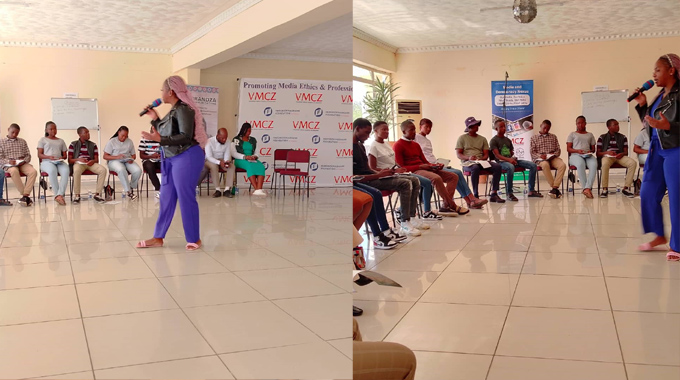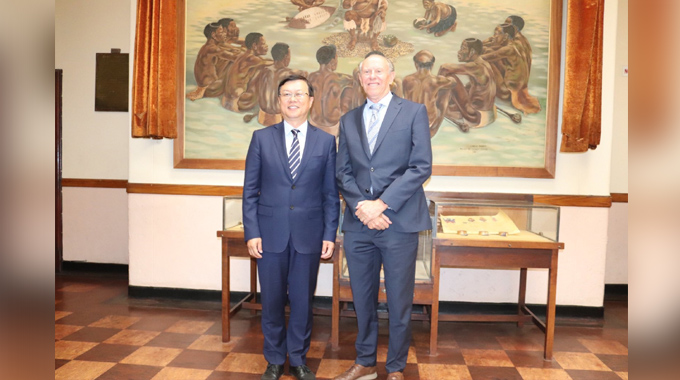District registry offices to issue passports
Sukulwenkosi Dube Plumtree Correspondent
THE Ministry of Home Affairs is in the process of turning district registry offices throughout the country into passport issuing points in a bid to bring services closer to people situated in remote communities.
Home Affairs Deputy Minister, Obedingwa Mguni, said efforts to secure the appropriate machinery were underway and the process was expected to be completed within the first quarter of the year.
He said the district offices would not process passports but would only serve as points for applicants to submit their paperwork and collect their passports.
“We’re working on turning registry offices that cater for remote places into passport issuing sites to ensure that the service is accessible to people in various communities.
“We will consider districts where residents have to travel long distances to submit applications such as in Plumtree, Bulilima and Mangwe where they travel over 200km to reach Gwanda. We’re in the process of acquiring the necessary state of the art equipment for this purpose to ensure that the process of issuing passports isn’t compromised by the time it’s decentralised,’’ he said.
Deputy Minister Mguni said passport processing had become more effective but the issuing points were not accessible to many which resulted in high cases of illegal migration.
He said the service would be first rolled out in Plumtree, Bulilima and Mangwe as those were the worst affected areas. He said his Ministry had also taken into consideration the close proximity of the three districts to Botswana and that many people from these places were employed in neighbouring countries.
Deputy Minister Mguni said the move was also aimed at addressing numerous cases of child trafficking that were being recorded mostly during school holidays and festive holidays as part of attempts by parents to spend time with their children.
He said mobile registry offices would this year be rolled out to all remote communities in the country to ensure that children had birth certificates and adults identity cards.
He said a number of children went through their primary studies without birth certificates and this anomaly only came to light when a child reached Grade Seven, the point of writing the first public national examinations.
“These are part of our efforts to be implemented this year to ensure that as many people as possible are able to access necessary documentation. It has become a common trend that children reach Grade 7 without a birth certificate and this has to come to an end.
“One of the causes is that registry offices are beyond the reach of many. We’ll be identifying schools where a massive programme for birth registration and ID registration will be conducted during the first term holidays,” he said.
Deputy Minister Mguni said the remotest parts would be given first preference under the programme.











Comments